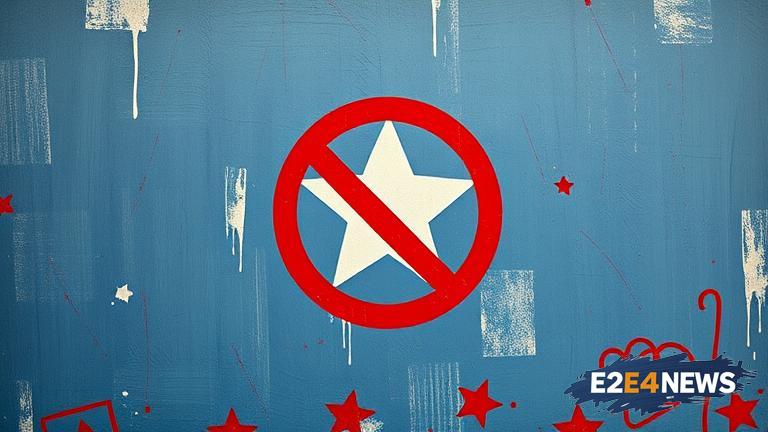Texas Governor Greg Abbott has signed a bill into law that restricts social media censorship, allowing users to sue platforms for unfair removal of content. The bill, which was passed by the Texas Legislature, aims to prevent social media companies from censoring users based on their viewpoints. The law applies to social media platforms with more than 50 million monthly active users, which includes major platforms such as Facebook, Twitter, and YouTube. Under the law, users can sue social media companies if they believe their content was removed unfairly or if they were banned from the platform without a valid reason. The law also requires social media companies to disclose their content moderation policies and to provide users with a clear explanation of why their content was removed. Social media companies will also be required to provide users with an appeals process to dispute the removal of their content. The law has been praised by conservatives who argue that social media companies have been censoring their viewpoints, but it has also been criticized by others who argue that it could lead to the spread of misinformation and hate speech. The law is set to go into effect on December 2, 2021, and it will be enforced by the Texas Attorney General’s office. The law is part of a larger effort by Republicans to regulate social media companies, which they argue have too much power and are biased against conservatives. The bill was sponsored by Republican State Senator Bryan Hughes, who argued that social media companies have become too powerful and need to be held accountable. The law has been opposed by social media companies, which argue that it could lead to the spread of misinformation and hate speech. The companies have also argued that the law is unconstitutional and that it could lead to a flood of lawsuits. Despite the opposition, the law has been praised by many conservatives who argue that it is a step in the right direction towards regulating social media companies. The law is also seen as a victory for free speech advocates who argue that social media companies have been censoring users unfairly. However, the law has also been criticized by some who argue that it could have unintended consequences, such as the spread of misinformation and hate speech. The law is set to be challenged in court, and it is likely that it will face significant legal challenges in the coming months. Overall, the law is a significant development in the ongoing debate over social media regulation and free speech. It is likely to have significant implications for social media companies and users, and it will be closely watched by lawmakers and regulators in other states. The law is also part of a larger effort by lawmakers to regulate social media companies, which are seen as having too much power and influence. The regulation of social media companies is a complex issue, and it is likely to continue to be debated in the coming months and years.
